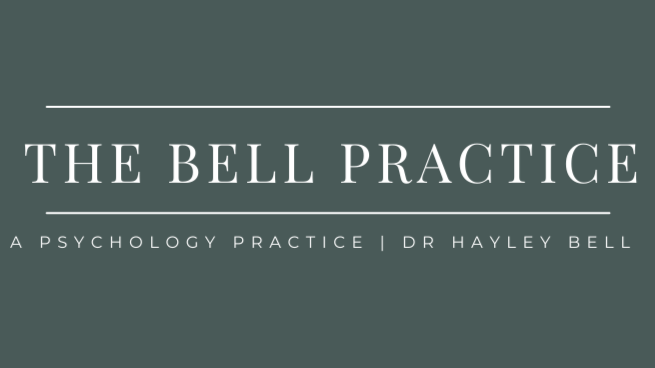The Psychology of Toddlers
Honest Advice from a Psychologist Specialized in Child Development
Toddlers- they’re always on the run, with big feelings and no filter. Toddlers are going through a time of great cognitive, emotional and social development. With these huge strides in development, children can become easily overwhelmed by competing demands and emotional input. These years require so much of parents both emotionally and physically. By understanding the toddler brain, how it works and what it needs, we gain the tools to meet those needs. This blog seeks to support parents gain this insight, and build in some tips and tricks.
High Warmth ≠ No Rules
Children raised with high levels of warmth have parents who are attuned and responsive to their emotional needs. However, a high level of emotional attunement without structure can lead to difficulties with impulsivity and emotion regulation later in life. Research consistently supports Authoritative Parenting (high warmth with high structure) over any other parenting approach. The benefits are clear across every measurable aspect of childhood, including improved self-esteem, high levels of confidence, emotion regulation, and high performance in school.
Why does this work? Because clear rules and structure helps children to feel safe- you’re creating an environment that is predictable. Children rely on their parents to learn their limits- what’s acceptable and what’s not, what’s safe or what’s dangerous. Similarly, high warmth also helps children to feel safe- they can rely on you for comfort when things inevitably to go wrong. In Authoritative parenting, we’re holding up those guardrails in a compassionate way. We’re understanding that children will make mistakes- the rules are not there to be punitive, rather to be protective.
For toddlers, these clear expectations are particularly important. Because they are developing so rapidly, their job is to test your limits. This is developmentally appropriate! That’s how they learn where the line is, what happens when they cross it, and then how to cope with the consequences. The rules set the structure, the warmth provides the skills needed to cope
You Can’t Talk Through a Tantrum
Children do not have the capacity to self-regulate until at least 3 years of age. Therefore, it doesn’t matter what triggered the upset, your toddler is physically incapable of calming themselves down without your help. Even once that ability for self-regulation does develop, the prefrontal cortex (the part of our brain responsible for logic and reasoning) doesn’t fully develop until well into adulthood (25+). What does that mean? Children are incapable of using reason or logic to cope in the face of strong emotions.
The “emotional brain” is in place long before the “logical brain”. When we try to talk a child through a tantrum or upset, we are essentially speaking in a language they don’t understand. So what language do they understand?-Co- Regulation
Co-Regulating, or modeling how to return to a calm state, gives children the tools they need through example rather than language. It’s meeting them exactly where they are, neurodevelopmentally. Co-regulation skills can include calming breaths (see Blowing out the Candles or square breathing), modeling taking breaks, proprioceptive input (i.e. pushing against a wall or tight hugs). Essentially, we give them the skills through what we do, not what we say.
Your Toddler Isn’t Manipulating You
How do I know that? Because they do not have the cognitive capacity to do- yet. Manipulation requires complex cognitive processes that young children do not have. Children typically develop Theory of Mind, or the ability to understand that other’s perspectives differ from their own, between the ages of 3-5. Theory of Mind allows children to do “good guessing” about what others might be feeling or thinking. In order to manipulate someone, we have to be able to understand their inner world, and use that understanding to get what we want.
Rather than manipulation, your toddler is most likely testing their limits. As discussed above, testing is how children explore their world. As parent, you keep them safe with clear rules and expectations. That said, when they don’t get what they want in the moment, emotional overwhelm or a tantrum will likely follow.
Again- your toddler doesn’t have the capacity to self regulate. So your toddler will experience something as simple as you saying “no” to ice cream at 9 am on a Tuesday as a catastrophic event. By understanding this to be developmentally appropriate way for to learn rules, rather than an attempt at manipulating you to get what they want, it can help you to more easily access that calm state required to help them through.
Understand the concepts, but stuck on how to apply them? An Advice Clinic or Parent Coaching can help by providing support tailored specifically to your family.
